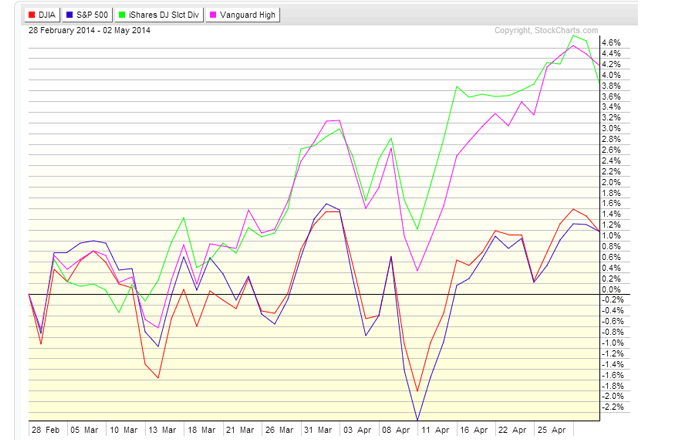ETF Liquidation what investors need to know
Post on: 13 Июнь, 2015 No Comment

What does it mean to close?
Mutual funds use the term ‘closed’ in two different ways. The first is when the fund closes its doors to investors. This can happen for a variety of reasons. Successful funds will attract cash inflows when the fund is doing well and producing eye-popping performance numbers. This sudden influx of new money may not be a welcome event. In many instances, the fund manager will no longer have the ability to make the type of strategic investments she/he thinks would be best for the fund. When this occurs, remaining investors, now behind closed doors may continue to invest. New investors however are not permitted to join the fund.
A mutual fund can also close its doors for all investors. This doesn’t necessarily mean liquidation of underlying assets. It may not even mean the investor gets their money back.
Many ‘closed’ funds are simply absorbed, a sort of consolidation accompanied by a name change or even a new home inside another fund such as a target date offering. Some close for the same reason an ETF might liquidate: little or no investor interest remains. This was the fate of numerous Internet-focused mutual funds in the post-2001 downturn.
ETFs close for a single reason. Whatever the fund issuer had sought to do with the portfolio it constructed did not appeal to investors and the fund is no longer profitable.
Why would an ETF close?
To understand why an ETF closes, it is important to understand how it was created in the first place. An ETF is the result of a professional investor trading a portfolio of securities to a fund manager in exchange for shares in the newly created ETF. This in-kind exchange is a simplistic explanation of an ETFs creation but it is important to note that the ‘creation’ is then listed on the exchange for other investors.
It’s worth mentioning that ETFs all have a strategy and chances are, if there is something you might wish for in an investment, an ETF probably exists to serve that purpose.
What happens when an ETF closes?
When an ETF decides to close its, door, the procedure is straightforward. Like a mutual fund, the ETF notifies investors. This can happen anytime in the month before they actually close shop. Unlike a mutual fund, the ETF issuer must also notify the exchange where it is traded, making known at the point, on the last of trade, the creation unit or portfolio that makes up the ETF will be redeemed (sold).
What should the ETF investor do once they know?
Once the closing is determined, the ETF investor can redeem the shares they own. This might come at a discount in part because other investors are also selling into the closure. Remaining investors who simply stick it out until the last day of trading will get a check for the remaining value of the fund.














